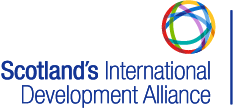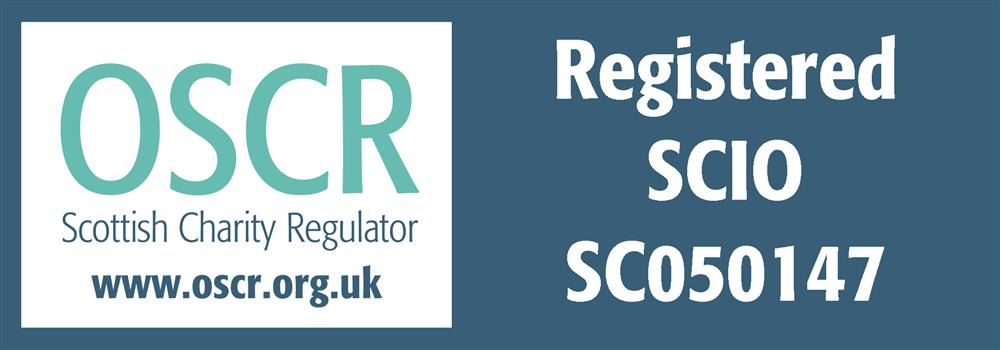In early 2017, we started the Pink Project in Uganda after raising just over £15,000 in donations and grants. High girl absence and school drop out rates stood out as a significant issue in the communities we were working in and we wanted to do something about it.


The Pink Project addresses the lack of affordable, reusable menstrual solutions and hygiene and menstrual education, in order to increase education attendance and secondary school enrollment in Uganda.
A micro enterprise employing ten women was set up to make and sell reusable kits and liquid soaps that were designed by the international charity Days for Girls, whom we are partnered with for the provision of raw materials and training. Each kit is a sanitary solution that can last a girl for up to three years, in total that is 180 days of additional education, health, safety and dignity!


The project not only provided these essential menstrual supplies to girls to enable them to stay in school, it addressed the issues of stigmas related to menstruation. Supplying girls with kits, liquid soaps and health education enabled them to have dignity and confidence and be active members of society.
What was the impact?
– 200 reusable sanitary kits were given to Aeket Primary school (139 for girl pupils and 61 in reserves for future pupils). As the project expanded, we were able to also provide 170 kits to a neighbouring school.
– All feedback received about the kits were that they were highly appreciated and very effective.
– The first enterprise have also been able to sell nearly 300 kits to the local community, enabling the enterprise to not only maintain facilities and purchase new materials but to also pay themselves a wage. We have subsequently set up more enterprises, and there have been a total of 1,030 kits made between April 2017 and March 2018.
– Girl’s school absence rates due to menstruation reduced from 60% to 16%! The average pupil performance and enrollment has also increased significantly.
– Menstrual hygiene management and awareness raising education workshops were given to 351 male pupils, 378 female pupils and 729 community members and teachers.
This increased attendance will lead not only to more girls finishing their education but also to a reduction in unemployment rates and early pregnancies. The reusable kits and education will also decrease the number of harmful infections. These affects can have significant influence not only for the individual but also for their families and their communities.
Because the great success of this project, we are going to duplicate the Pink Project in other schools while providing clean water and building better toilet facilities.
Can you help us grow this project by giving a donation? Click the donate button and select Uganda in the drop down list.
Thank you!





